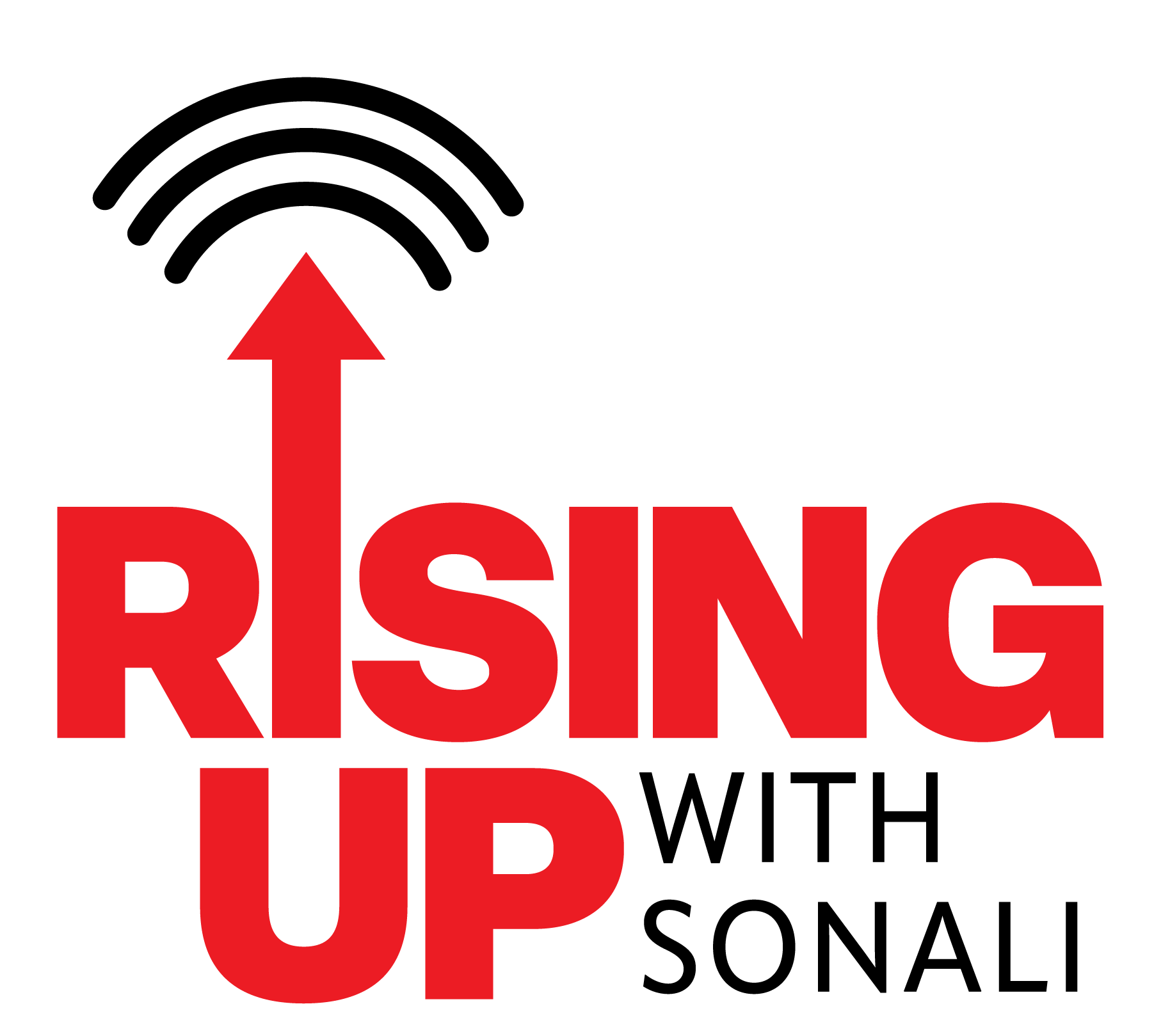FEATURING TOM MOORE - Ask most ordinary Americans what is the biggest source of corruption in elections and many would say “money in politics,” or, if they were really well-informed, “dark money,” or “the Supreme Court’s Citizen’s United decision.” For a long time we’ve accepted the assumption that the only way to undo that 2010 Supreme Court ruling was for Congress to pass legislation doing so or for the court itself to change its mind–both, extremely unlikely scenarios.
Now, voters in Montana are gearing up to ban corporate dark money in their state in 2026 by using a simple and innovative redefinition of what a corporation is. If they succeed, it could open the door for all states to do the same.
Tom Moore is a senior fellow for democracy policy at the Center for American Progress in Washington, DC. His white paper on the topic has become the basis for Montana's effort. He spoke with Sonali Kolhatkar about his idea.
ROUGH TRANSCRIPT:
Sonali Kolhatkar: So, let's first talk about what it was that the ruling itself said. The Supreme Court made this ruling on its own in 2010. It came, seemingly at that time, out of nowhere, caught a lot of folks off guard and has completely changed or worsened, or exacerbated our political system in terms of the influence of money.
What was it that the Supreme Court actually said was now possible starting in 2010?
Tom Moore: Sure. What it said was that if you spend independently in elections without coordinating with the candidate, without talking to them, without plotting any strategy or anything like that, if you do that, then that money can't be corrupting.
So, an unlimited amount of it wouldn't be corrupting either. You know, candidate contributions are okay, you can only give, you know, $3,000, to this campaign or so forth if you're giving directly to a candidate. But if you do it independently, an independent expenditure cannot be corrupting. And so, it can't be regulated. And the court had held in 1976 that really the only reason that we can regulate campaign spending is if it creates corruption or the appearance of corruption.


